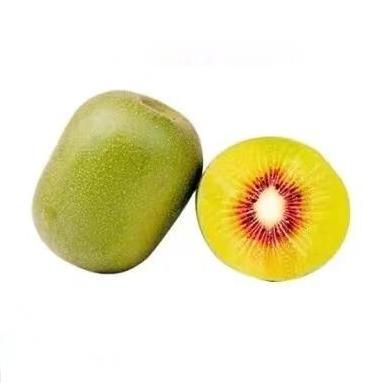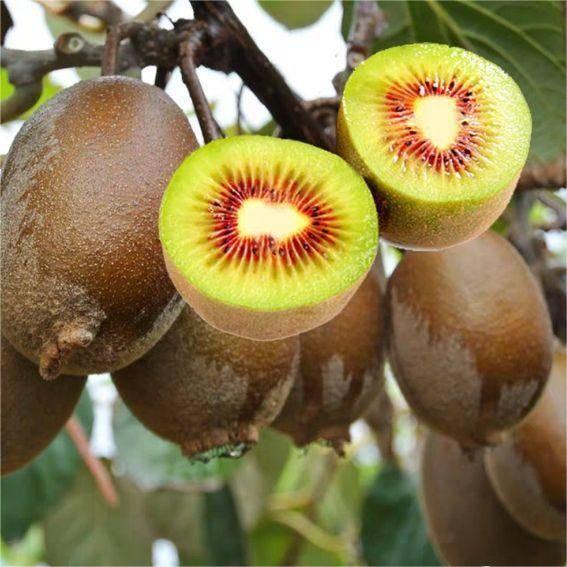Author Introduction:
Write by ANHUI FUYANG JINFENG ECOAGRICULTURE CO.,LTD., where gardening expertise meets premium quality plants and trees! With over 30 years of experience, we’ve cultivated a reputation as specialists in providing top-notch flora for all your gardening needs. What began with a few humble plastic greenhouses has blossomed into a sprawling operation spanning about 300 acres.

Amid a growing emphasis on sustainable agricultural practices, the kiwifruit industry is at the forefront of adopting eco-friendly approaches to cultivation. From organic farming methods to biodiversity conservation and water management strategies, sustainable kiwifruit production is not only beneficial for the environment but also essential for meeting the evolving demands of conscientious consumers. In this blog, we will delve into the diverse array of sustainable farming practices that are shaping the future of kiwifruit production.
Organic Cultivation Methods:
Kiwifruit farmers are increasingly turning to organic cultivation methods as a means of reducing reliance on synthetic inputs while prioritizing soil and ecosystem health. By eschewing chemical fertilizers and pesticides, organic kiwifruit growers promote the natural balance of the environment.
Integrated pest management (IPM) techniques, such as encouraging natural predators and employing pheromone traps, are pivotal in controlling pests without resorting to harsh chemicals. The result is not only high-quality, chemical-free fruit but also a healthier, more biodiverse farm ecosystem.

Biodiversity Conservation:
The preservation of biodiversity within kiwifruit farms plays a pivotal role in bolstering ecological resilience and mitigating the impacts of pests and diseases. Kiwifruit growers are taking proactive steps to support biodiversity by creating wildlife habitats, planting native vegetation, and implementing sustainable agricultural practices.
By nurturing diverse ecosystems and minimizing disruptions to natural habitats, farmers are fostering a harmonious coexistence between agriculture and the environment. This, in turn, contributes to the overall health and sustainability of kiwifruit farming operations.
Water Management Strategies:
Given the substantial water requirements of kiwifruit crops, the implementation of effective water management strategies is imperative for sustainable farming. Drip irrigation systems, which deliver water directly to the plant roots, minimize water wastage and optimize resource utilization.
Additionally, rainwater harvesting and storage techniques help mitigate reliance on traditional water sources, thereby contributing to water conservation efforts. Through these measures, kiwifruit farmers are not only conserving water but also promoting the long-term sustainability of their operations.
Soil Health and Nutrient Management:
Central to sustainable kiwifruit farming is the maintenance of soil health and the judicious management of nutrients. Practices such as cover cropping, crop rotation, and organic matter incorporation serve to enhance soil fertility and structure, while reducing erosion and nutrient runoff.
Employing innovative soil testing techniques allows farmers to tailor their nutrient applications precisely, thus minimizing environmental impact and ensuring the sustainable productivity of their land.

Conclusion:
As the demand for environmentally friendly products continues to rise, sustainable farming practices have become integral to the kiwifruit industry's success. By embracing organic cultivation methods, prioritizing biodiversity conservation, implementing efficient water management strategies, and focusing on soil health and nutrient management, kiwifruit farmers are championing sustainability while delivering premium, eco-conscious produce to consumers.
Through these concerted efforts, the future of kiwifruit farming is not only delicious and nutritious but also inherently sustainable, paving the way for a greener, more resilient agricultural landscape.
